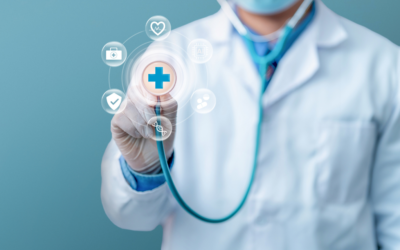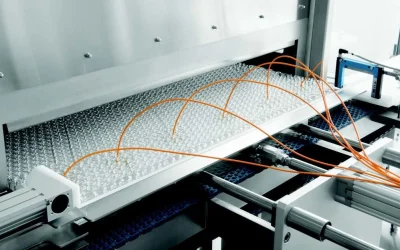
Healthcare is undergoing one of its greatest transformations: digitization. Electronic medical records, wearable devices, predictive algorithms, artificial intelligence and big data analytics are no longer tools of the future, but everyday realities in hospitals, laboratories and outpatient clinics. Today, data represent a strategic resource for improving diagnosis, treatment and the organization of health services, redefining the very concept of care.
From collection to intelligence: data as a driver of change
Every medical examination, every test, every parameter recorded by a wearable device generates an increasing amount of information. However, it is not the collection of data alone that makes the difference, but the ability to analyze, interpret and transform it into concrete actions.
Modern data analytics and machine learning systems make it possible to identify hidden patterns among millions of clinical data, helping clinicians to:
- anticipate the onset of diseases before they manifest clinically;
- define more effective treatments based on groups of patients with similar characteristics;
- assess therapeutic adherence in real time;
- manage healthcare resources more efficiently.
Digitization thus enables a fundamental shift: from reactive to predictive and proactive medicine, in which care dynamically adapts to the patient’s condition.
Connected healthcare: the impact on patients, providers and facilities
The new digital ecosystem profoundly transforms the way patients interact with the healthcare system. Electronic health records, accessible in the cloud, enable a comprehensive and shared view of medical history, improving continuity of care even among different professionals and facilities.
Wearables and IoT (Internet of Things) devices constantly monitor parameters such as heart rate, blood sugar, blood pressure, sleep, transmitting data to the physician in real time. This makes possible advanced home care, which reduces hospitalizations and improper access.
For healthcare facilities, digitization also means more efficient management of flows, supplies, and staff. Data help predict demand, reduce wait times, and prevent inefficiencies, improving the patient experience and quality of service.
The digitization of healthcare is not just a technology upgrade, but a profound cultural shift that places data intelligence at the center as a lever for more accurate, timely, and personalized medicine. The coming years will be crucial to strengthen the digital infrastructure, ensure the security and privacy of health data, and train new professional profiles capable of governing this transformation.


